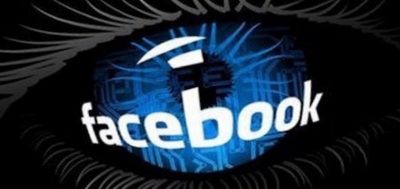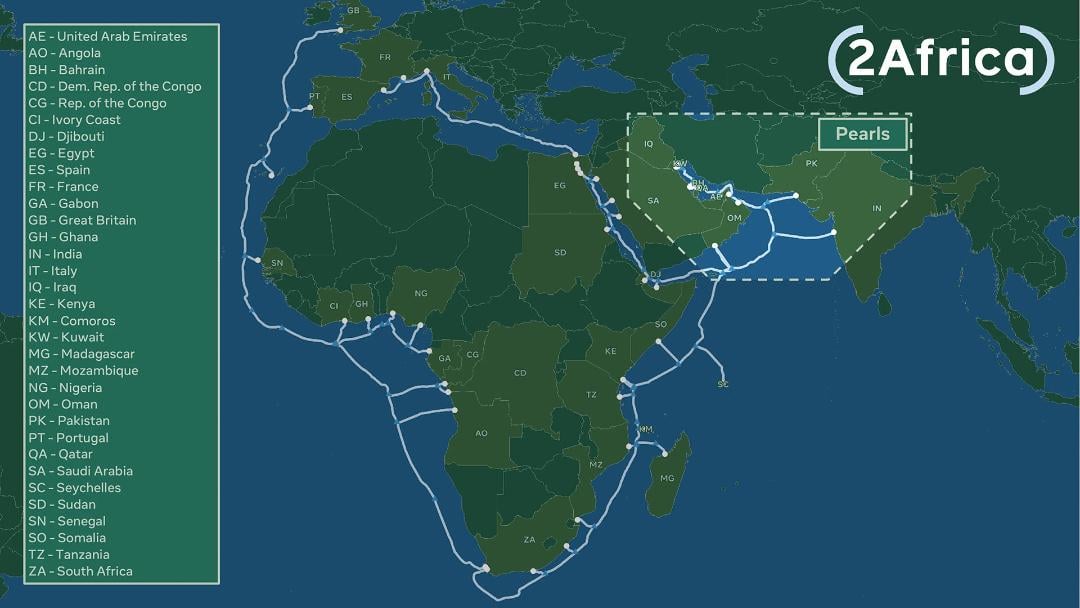The True Face of Facebook

All Global Research articles can be read in 51 languages by activating the “Translate Website” drop down menu on the top banner of our home page (Desktop version).
Visit and follow us on Instagram at @crg_globalresearch.
***
“The Facebook outage was a planetary-scale demonstration of how essential the company’s services have become to daily life” headlines the New York Times, pointing out that Facebook, WhatsApp, Instagram, and Messenger are fundamental to the economy, politics, education, and health care. Worldwide, about 2.8 billion people, on average, use at least one Facebook product per day.
Facebook collects billions of pieces of information every day from all over the world in its data centers, 13 of which are located in the United States, 3 in Europe and 1 in Singapore. In a similar way Google works, with its platform Youtube whose users have risen to 1.9 billion. This immense amount of data, centralized in the U.S., serves not only economic purposes but political purposes, giving increasing power of control to those who manage them. For example, Facebook removed more than 20 million posts for “violating the Covid-19 misinformation rules.”
The 2Africa Pearls undersea cable
This power of control is now being greatly enhanced by a Facebook project that is well underway: the 2Africa Pearls undersea cable, more than 45,000 km long (more than the Equator), connecting 33 countries in Africa, the Middle East and Europe. According to Facebook, it will “bring high-speed, affordable Internet” above all to Africa. However, it does not explain how it will be used by the over 600 million inhabitants of Sub-Saharan Africa who do not have electricity.
What this broadband network will be used for in Africa is demonstrated by the partnership that Facebook has established with the Atlantic Council, an influential “nopartisan organization” based in Washington that “promotes US leadership and commitment in the world”. Through the network, the Atlantic Council “will ensure the proper use of Facebook in African elections, helping media and politicians uncover fake news, educate citizens and civil society.”
The reliability of the Atlantic Council, which is particularly active in Africa, can be deduced from the official list of donors who fund it: the Pentagon and NATO, Lockheed Martin and other war industries (including Italy’s Leonardo), ExxonMobil and other multinationals, Bank of America and other financial groups, the Rockefeller and Soros Foundations.
(Topic covered on October 8 on Grandangolo, international press review on national TV channel 262 Byoblu)
*
Note to readers: Please click the share buttons above or below. Follow us on Instagram, @crg_globalresearch. Forward this article to your email lists. Crosspost on your blog site, internet forums. etc.
This article was originally published in Italian on Il Manifesto.
Manlio Dinucci, award winning author, geopolitical analyst and geographer, Pisa, Italy. He is a Research Associate of the Centre for Research on Globalization.


